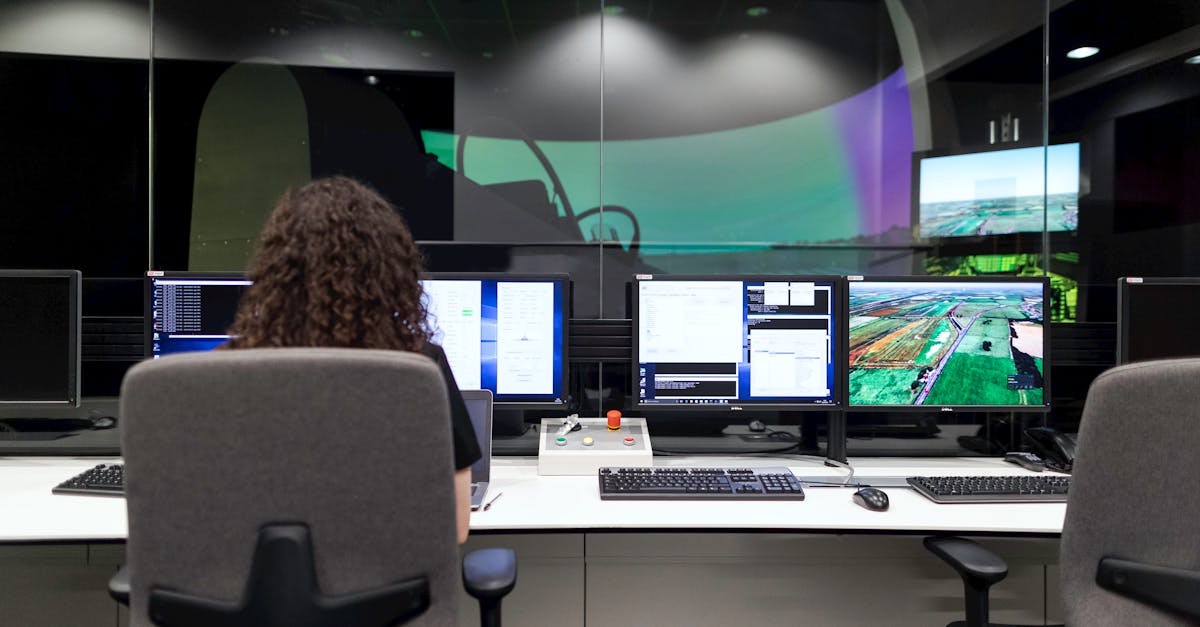Looking to kick start your career in software engineering, but feeling stuck because of your lack of experience? Welcome – you have now found the perfect article.
Making a convincing resume as a software engineer with no prior experience can be scary, but fret not – we’ve got your back.
We understand the frustration and uncertainty infront of you when trying to land your first job in the tech industry. The struggle is real, but we’re here to guide you through the process and help you create a standout resume that will catch the eye of potential employers.
With years of experience in the tech field, we’ve mastered the art of making resumes that showcase skills and potential, even without a traditional work history. Let us share our skill with you and boost you to present yourself in the best light possible to secure that dream software engineering role.
Key Takeaways
- Understand the Basics of Resume Writing: Focus on clean formatting, relevant contact information, a concise summary, educational background, key skills, projects/internships, and proofreading.
- Highlight Your Relevant Skills and Projects: Emphasize technical skills acquired, showcase projects worked on (personal, open-source, academic), and use keywords for ATS visibility.
- Use Education and Coursework Effectively: Highlight relevant coursework, academic projects, and certifications to showcase foundational knowledge and learning commitment.
- Showcase Your Technical Proficiency: Include a technical skills section, detail coursework and academic projects, and showcase personal coding projects to demonstrate practical experience.
- Use Internships, Freelance Work, and Open Source Contributions: Use these experiences to show practical skills, teamwork, problem-solving abilities, and real-world application of knowledge.
Understand the Basics of Resume Writing
When it comes to making a software engineering resume with no prior experience, understanding the basics of resume writing is important. Here are some key points to keep in mind:
- Formatting: Ensure your resume has a clean, organized layout that is easy to read. Use clear headings and bullet points to highlight your skills and qualifications.
- Contact Information: Include your name, phone number, email address, and LinkedIn profile (if available) at the top of your resume.
- Summary or Objective Statement: Write a brief summary or objective statement that highlights your career goals and key skills.
- Education: List any relevant education or training, including any coding bootcamps, online courses, or certifications.
- Skills: Emphasize your technical skills such as programming languages, software development tools, and any other relevant abilities.
- Projects and Internships: If you have worked on any coding projects or completed internships, be sure to include them to showcase your practical experience.
- Volunteer Work and Extracurricular Activities: Include any volunteer work or extracurricular activities that demonstrate your skills and commitment.
- Proofread: Finally, don’t forget to proofread your resume carefully to ensure there are no spelling or grammatical errors.
For more detailed guidance on resume writing, you can refer to reputable sources like The Muse And Really.
Highlight Your Relevant Skills and Projects
When making a software engineering resume without prior experience, it’s critical to highlight your relevant skills and projects. Focus on showcasing any technical skills you have acquired, such as programming languages, software tools, or frameworks. Even if you gained these skills through personal projects or online courses, include them to demonstrate your capabilities.
List any relevant projects you have worked on, whether they are personal coding projects, contributions to open-source projects, or academic assignments.
Highlight your role, the technologies used, and the results achieved.
This gives potential employers insight into your hands-on experience and problem-solving abilities.
Consider creating a separate “Projects” section where you can investigate specific details about each project.
Use bullet points to succinctly describe the project, your contributions, and any outcomes or lessons learned.
This helps to showcase your practical experience and passion for software development.
Also, don’t underestimate the value of including relevant keywords in your skills and project descriptions to increase the visibility of your resume to applicant tracking systems (ATS).
These systems scan resumes for specific keywords related to the job requirements, so incorporating industry-relevant terminology can improve your chances of getting noticed by recruiters.
After all, while you may not have traditional work experience, your skills and projects can speak volumes about your potential as a software engineer.
Use this section to highlight your technical prowess and demonstrate your commitment to honing your craft.
For more detailed guidance on resume writing, consider checking out resources like The Muse And Really For additional ideas and tips.
Use Education and Coursework Effectively
When making a software engineer resume without prior experience, using education and coursework effectively can significantly improve your document.
Highlight relevant courses, certifications, and academic projects to showcase your foundational knowledge and commitment to learning.
This section can help compensate for the lack of professional experience and demonstrate your potential as a software engineer.
- List relevant coursework: Include courses that align with the skills and technologies sought after in the software engineering field.
- Showcase academic projects: Detail projects completed during your studies, emphasizing the technologies used, tough difficulties overcome, and outcomes achieved.
- Include relevant certifications: Certifications in programming languages, tools, or methodologies can validate your skills and dedication to professional development.
By strategically incorporating your education and coursework into your resume, you not only fill the experience gap but also highlight your commitment to continuous learning and growth in the field of software engineering.
For additional guidance on highlighting education and coursework effectively, consider checking out resources like The Muse For useful tips and ideas on resume building.
Showcase Your Technical Proficiency
When making a software engineer resume without prior experience, it’s critical to highlight your technical proficiency effectively.
Here are some key strategies to showcase your skills:
- Include a Technical Skills Section: List programming languages, software tools, and technologies you are proficient in.
- Detail Relevant Coursework: Mention specific programming languages or technologies you’ve studied in your coursework.
- Highlight Academic Projects: Describe projects that demonstrate your ability to apply technical skills in real-world scenarios.
- Showcase Personal Projects: If you’ve worked on personal coding projects, include them to demonstrate practical experience.
After all, demonstrating your technical skills through coursework and projects can impress potential employers and compensate for the lack of professional experience.
By showcasing your proficiency in various technologies, you can show your potential as a capable software engineer.
For further ideas on resume building for entry-level software engineers, you can investigate resources like The Muse For useful tips and guidance on creating a convincing resume.
Use Internships, Freelance Work, and Open Source Contributions
When making a software engineer resume without prior experience, it’s super important to use internships, freelance work, and open source contributions to showcase practical skills and real-world application.
These experiences can demonstrate initiative, teamwork, and problem-solving abilities to potential employers.
Internships provide hands-on exposure to industry practices, allowing us to gain useful insight into the software development process.
Highlighting any internships, even if unrelated to software engineering, can show transferable skills like communication, time management, and adaptability.
Engaging in freelance projects not only helps us build a portfolio but also provides a platform to work on explorerse projects, improving our technical proficiency.
Contributing to open source projects is an excellent way to collaborate with experienced developers, expand our network, and demonstrate our ability to work with existing codebases.
By using these opportunities, we can bridge the gap between theoretical knowledge and practical application, making our resume stand out to recruiters.
After all, it’s not only what you know but also how you can apply your skills in real-world scenarios.
For more tips on using internships and freelance work, check out this insightful resource from The Balance Careers.




